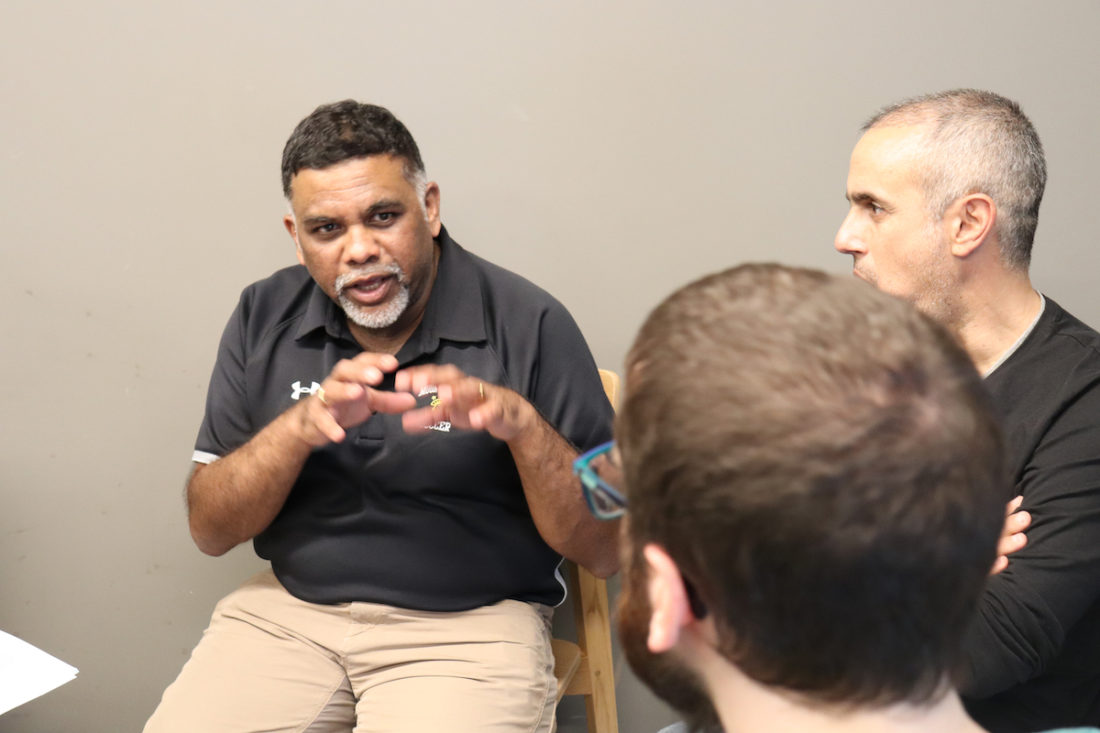
Ilker Koksal, Forbes 30Under30 Lister, co-founder of Botanalytics, a startup mentor and author of Founder’s FAQ, discusses the key questions startup founders must ask themselves before diving into the journey.
Register for Ilker’s full webinar and get actionable advice on:
- Defining the Problem Well, Before Scale
- Building A+ Team and Board
- Setting Up the Right Culture
- Must-haves of Fundraising
- The Exit Road
Particularly for first-time founders, there are significant risks and unknowns in launching a startup, and some of the best resources you’ll find are other founders who have been through the process.
Ilker Koksal is a serial entrepreneur, having most recently co-founded Botanalytics, a conversational analytics startup that raised $1.3 million. He’s also an advisor and investor to several startups, a fellow at Founders Network, and author of Founder’s FAQ, a guidebook to a founders’ startup journey.
According to Koksal, the most important initial hurdle is a mental one: Founders must understand very clearly why they’re doing what they’re doing before dedicating precious resources to the project.
“One of the main challenges is knowing yourself as a founder: Who are you, why are you doing this startup, and what's the purpose of doing this?” - @ilkerkoksal Share on X“One of the main challenges is knowing yourself as a founder: Who are you, why are you doing this startup, and what’s the purpose of doing this?”, he says. “It’s a huge thing you’ll spend most of your time, energy and capital on, and the most challenging thing is understanding why you’re doing this startup.”
It may sound like a no-brainer, but the answers aren’t always simple. Not every founder is able to “match their own core values to the startup’s values,” Koksal says. And that dissonance can create problems and roadblocks down the road. Alignment in values ties closely with “problem-solution fit,” Koksal explains — and if you’re clear on both, the easier the path to actually starting up will be.
Then comes the other hard part: Startup survival.
There are a series of typical challenges in building a startup: Creating your minimum sellable product and proving out your concept; recruiting a stellar team that adds value and contributes to a flourishing culture; finding your first set of foundational customers; sourcing investors and raising money.
“In the first place, you need to define your risks,” Koksal says. “…and then you need to define what’s the best possible path for your startup. That process helps you set up your A+ team, and to evaluate that team constantly.”
For many founders, finding product-market fit is one of the most elusive milestones: It doesn’t matter how innovative your technology is, or how excellent your team is, if there isn’t a big enough market for what you’re hoping to sell.
“At some point you believe in yourself and you believe in what you’re solving, but you need to get the product-market fit right,” he says. “After that, you can raise a round, you can get A+ team members, and you can sell your product to more customers. That’s the hardest part.”
Once you’ve raised money, putting together a board and figuring out how to best use it are critical to conquering what challenges lie ahead.
“You have to leverage your board effectively -- to run the business successfully, to get scaled, and establish a really great, sustained culture.” - @ilkerkoksal Share on X“If one of the VC partners comes to your board, you have to leverage your board effectively — to run the business successfully, to get scaled, and establish a really great, sustained culture to keep things running smoothly.”
Having the right people on your board can also facilitate deals that help your startup to grow and provide a critical boost during key periods. Those board members can also help to navigate you and your executive team through those processes. It’s worthwhile to consider your exit strategies as well — or if you don’t wish to exit, how you’ll build a sustainable and self funded business for the long term. In most cases, some form of an exit is likely — whether it’s a merger, an initial public offering, an acquisition by a much larger company, or a private offering. Whatever the case may be, founders must consider and be prepared for multiple scenarios.
“There are always ups and downs; it’s a rollercoaster,” Koksal adds. “In the end, you can make a soft landing, you can get acquired by a company, or you can quit the startup. Quitting is also an exit. But: Is it the right time or not? Should I exit the startup now as a soft landing? These are the hard decisions.”






